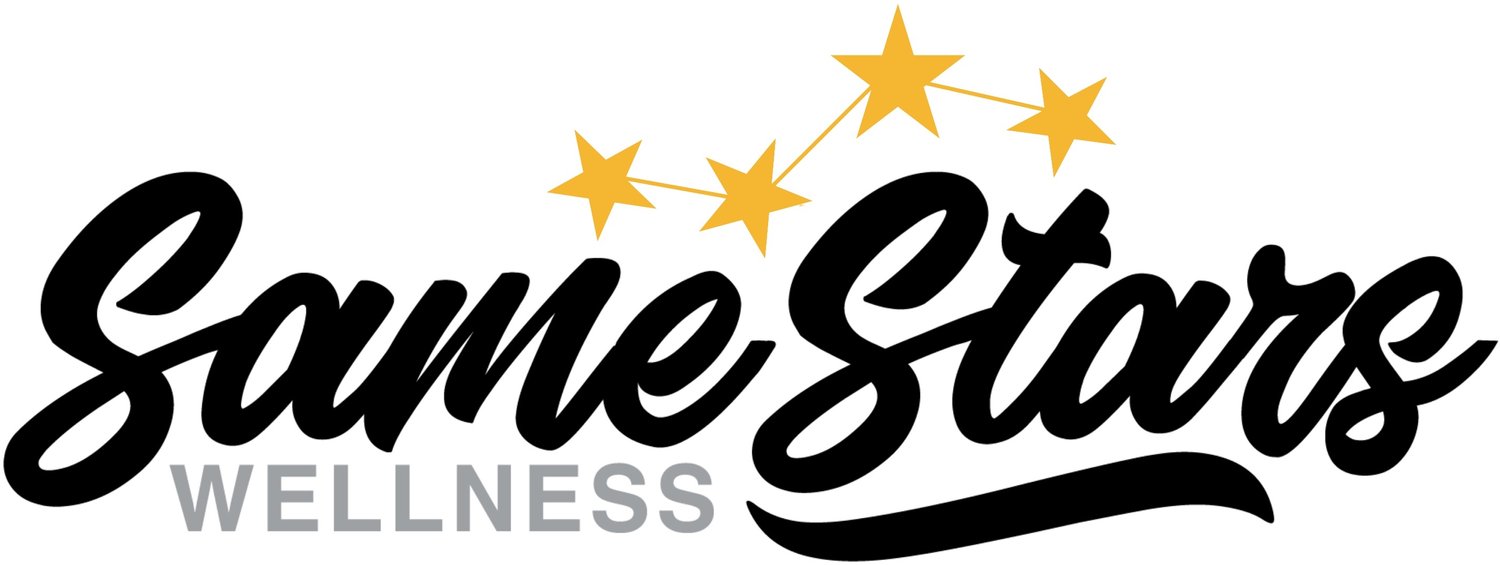When Headaches Take Over Childhood — How Craniosacral Therapy Can Help
When kids’ headaches become part of everyday life
Headaches aren’t just an adult problem — more and more children and teens experience them too. Whether it’s from stress, posture, screen time, or growing bodies, headaches can quickly start affecting sleep, focus, mood, and daily activities.
For some kids, it’s a dull ache that shows up after school. For others, it’s a pounding pain that stops them in their tracks. And while hydration, rest, and screen breaks can help, many families find that those fixes only go so far.
Craniosacral therapy (CST) offers a gentle, hands-on way to help relieve tension, support the nervous system, and improve how the body regulates pressure and flow — helping kids experience fewer headaches and more ease throughout their day.
Understanding headaches in children and teens
Headaches can be triggered by a variety of factors, including:
Stress and anxiety: Ongoing tension can cause muscle tightening in the neck, shoulders, and scalp.
Posture and screen time: Long periods looking down or sitting in one position can strain neck and jaw muscles.
Sleep changes: Too little (or too much) rest can disrupt nervous system balance.
Dehydration or skipped meals: The brain and tissues rely on consistent hydration and nutrients.
Sensory overload: Bright lights, noise, and busy environments can trigger tension headaches or migraines.
Children often struggle to describe what they’re feeling, so headaches may show up as irritability, fatigue, clumsiness, or avoidance of certain activities.
How craniosacral therapy helps
Craniosacral therapy works with the central nervous system — the brain, spinal cord, and surrounding membranes — using light, sustained touch. The goal is to release tension patterns that can contribute to pressure changes, poor fluid movement, or nervous system imbalance.
For children and teens with recurring headaches, CST can help by:
Releasing strain around the neck, jaw, and skull
Improving circulation and fluid balance
Supporting nervous system calm and recovery
Reducing frequency and intensity of headaches over time
Because it’s so gentle, CST is safe for children of all ages — even those who are sensitive to touch or prone to overstimulation.
What to expect
At Same Stars Wellness, appointments are relaxed and child-led. Kids stay fully clothed and are encouraged to move, rest, or bring comfort items. The environment is calm, low-stimulation, and designed to help their system settle.
Parents often notice subtle but powerful changes after a few appointments: less frequent headaches, better sleep, improved focus, and a calmer baseline throughout the day.
When to reach out
If your child experiences headaches more than a few times a month — or if they’re interfering with school, sports, or sleep — craniosacral therapy can be an excellent complement to medical and allied healthcare approaches. It’s particularly supportive for children who are also working with occupational therapy, physiotherapy, or mental health providers.
Further Reading & Resources
Canadian Paediatric Society: Headaches in Children and Youth
Connect with Same Stars Wellness in Calgary to learn how craniosacral therapy can help support your child’s comfort and wellbeing.

